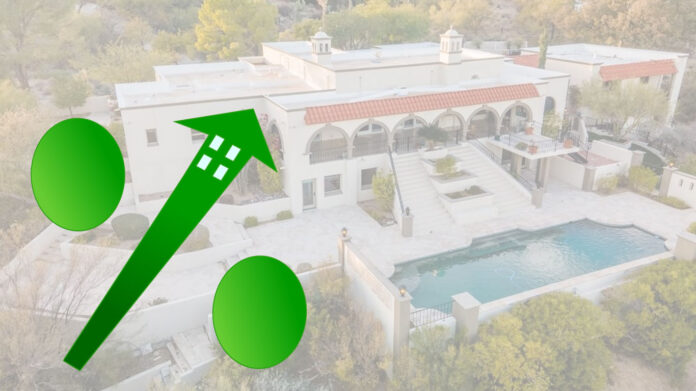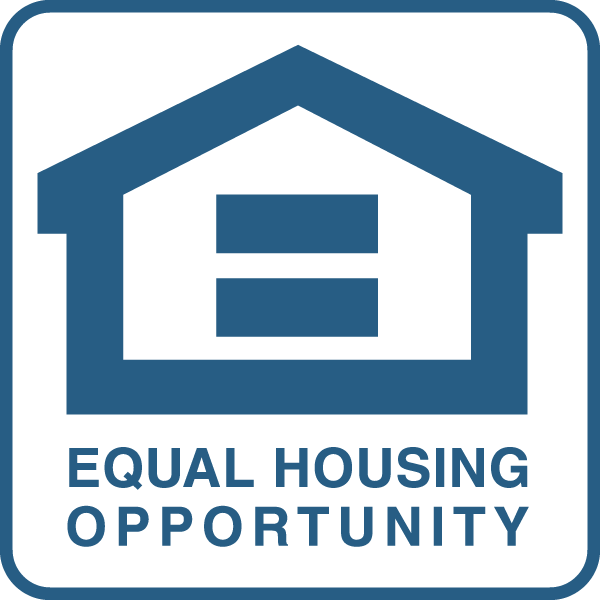Hi Tom Heath with the Heath Team at Nova Home Loans. This is our weekly installment of mortgage and real estate related matters. Today we’re going to talk to you about a complex topic that resulted from a memo sent out by the Federal Housing Finance Agency in March. The FHFA, not to be confused with FHA, the FHFA Federal Housing Finance Authority, which governs conventional loans through Fannie Mae and Freddie Mac, announced that they were going to limit their portfolio to seven percent (7%) usage when it comes to investment properties and second homes.
This is a cap on the number of transactions that they will accept into their portfolio. Conventional loans are how we do most second homes and investment properties, and of all loans, Fannie Mae and Freddie Mac probably have 60 to 70 percent of the market and of this particular type, they have a higher share because FHA and VA USDA don’t allow for those.
This cap means that Fannie Mae and Freddie Mac are going to start purchasing less second homes and investment properties, especially as they get to their limits. So companies like Nova are monitoring this pretty closely to see how it will impact our business, as we get closer to those thresholds, you can expect interest rates on those types of transactions to increase.
This will not affect our primary residence buyers, but those looking for second homes and investment properties, as time goes on, could really start to see an impact on their pricing or the criteria strengthened to a point where it makes it harder to even qualify for that loan. So just something to keep in mind, right now impact is minimal, but we do expect it to change over time. Might be something to talk to your lobbyist with and see if they want to help us with that.



